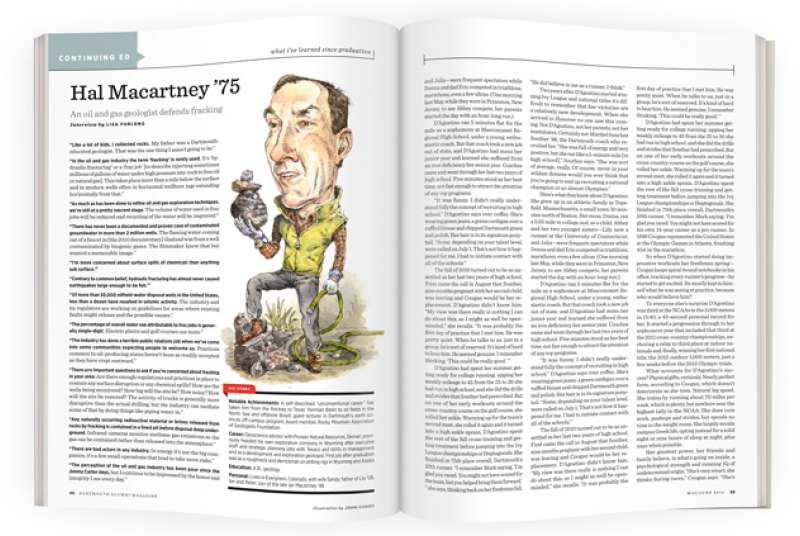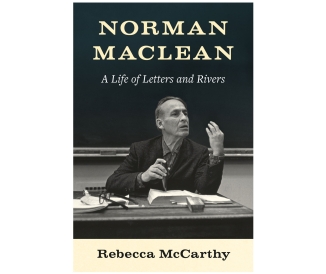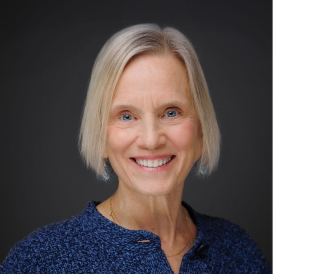
Hal Macartney ’75
Notable Achievements: A self-described “unconventional career” has taken him from the Rockies to Texas’ Permian Basin to oil fields in the North Sea and offshore Brazil; guest lecturer in Dartmouth’s earth sciences off-campus program; board member, Rocky Mountain Association of Geologists Foundation
Career: Geoscience advisor with Pioneer Natural Resources, Denver; previously headed his own exploration company in Wyoming after executive staff and strategic planning jobs with Texaco and stints in management and as a development and exploration geologist. First job after graduation was as a roughneck and derrickman on drilling rigs in Wyoming and Alaska
Education: A.B., geology
Personal: Lives in Evergreen, Colorado, with wife Sandy; father of Lily ’08, Ian and Peter; son of the late Ian Macartney ’48
“Like a lot of kids, I collected rocks. My father was a Dartmouth-educated geologist. That was the one thing I wasn’t going to be.”
“In the oil and gas industry the term ‘fracking’ is rarely used. It’s ‘hydraulic fracturing’ or a ‘frac job’ [to describe injecting sometimes millions of gallons of water under high pressure into rock to free oil or natural gas]. This takes place more than a mile below the surface and in modern wells often in horizontal wellbore legs extending horizontally from that.”
“As much as has been done to refine oil and gas exploration techniques, we’re still at a pretty nascent stage. The volume of water used in frac jobs will be reduced and recycling of the water will be improved.”
“There has never been a documented and proven case of contaminated groundwater in more than 2 million wells. The flaming water coming out of a faucet in [the 2010 documentary] Gasland was from a well contaminated by biogenic gases. The filmmaker knew that but wanted a memorable image.”
“I’m more concerned about surface spills of chemicals than anything sub surface.”
“Contrary to common belief, hydraulic fracturing has almost never caused earthquakes large enough to be felt.”
“Of more than 30,000 oilfield-water disposal wells in the United States, less than a dozen have resulted in seismic activity. The industry and its regulators are working on guidelines for areas where existing faults might release and the possible causes.”
“The percentage of overall water use attributable to frac jobs is generally single-digit. Electric plants and golf courses use more.”
“The industry has done a terrible public relations job when we’ve come into some communities expecting people to welcome us. Practices common in oil-producing states haven’t been as readily accepted as they have crept eastward.”
“There are important questions to ask if you’re concerned about fracking in your area: Are there enough regulations and practices in place to contain any surface disruption or any chemical spills? How are the wells being monitored? How big will the site be? How noisy? How will the site be restored? The activity of trucks is generally more disruptive than the actual drilling, but the industry can mediate some of that by doing things like piping water in.”
“Any naturally occurring radioactive material or brines released from rocks by fracking is contained in a lined pit before disposal deep underground. Infrared cameras monitor methane gas emissions so the gas can be contained rather than released into the atmosphere.”
“There are bad actors in any industry. In energy it’s not the big companies, it’s a few small operations that tend to take more risks.”
“The perception of the oil and gas industry has been poor since the Jimmy Carter days, but I continue to be impressed by the honor and integrity I see every day.”










